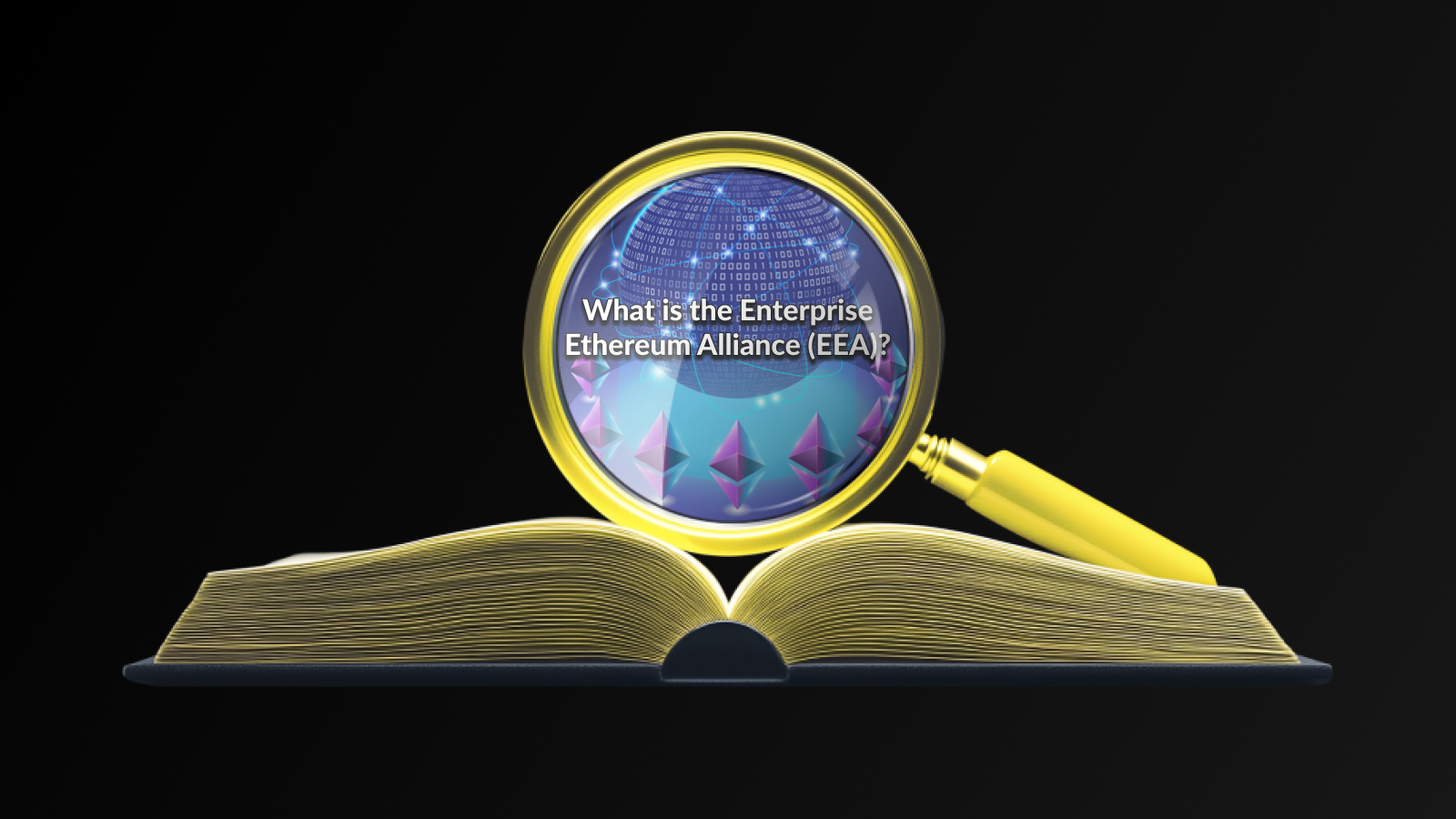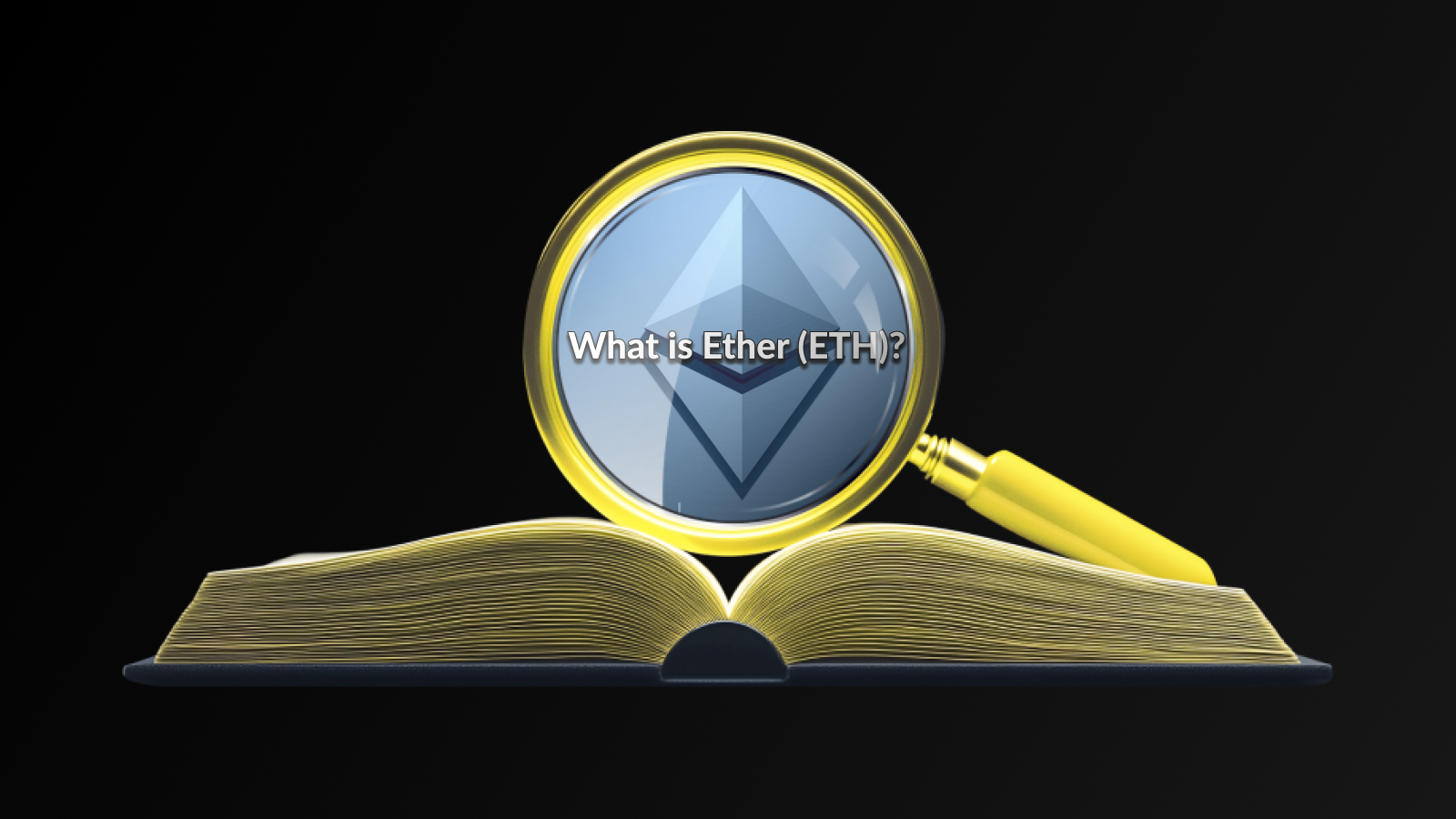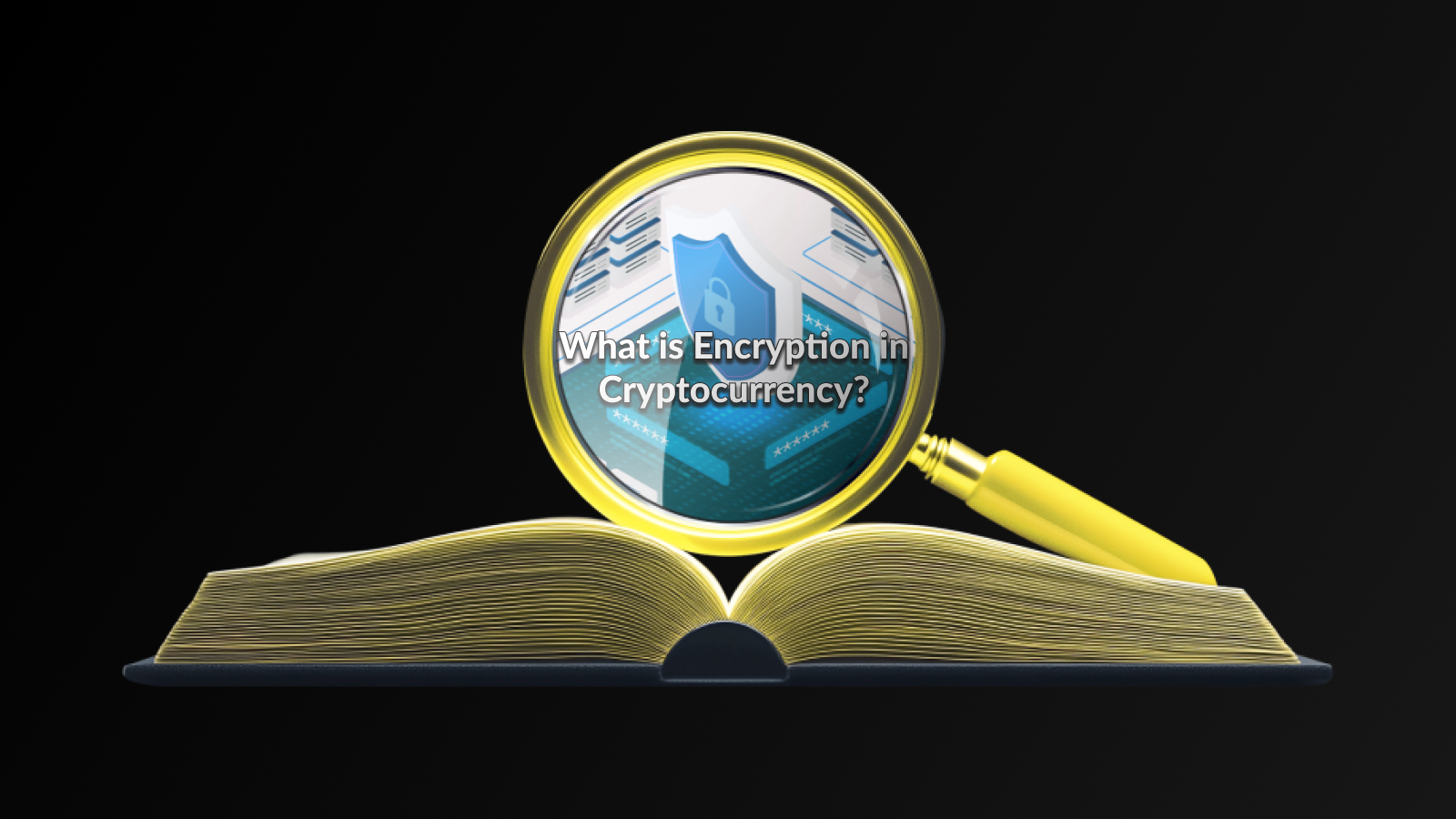Introduction
The Enterprise Ethereum Alliance (EEA) is a pivotal initiative designed to promote the adoption of Ethereum blockchain technology in the corporate sector. By establishing a framework that enables businesses to leverage the benefits of decentralized applications and smart contracts, the EEA fosters collaboration among various organizations globally. This alliance enhances the Ethereum platform, creating a more comprehensive and efficient ecosystem for enterprises.
The EEA is a consortium comprising numerous members from diverse sectors, ranging from technology and finance to manufacturing and supply chain management. These members collaborate to create standards, provide guidelines, and share insights that drive innovation and address industry-specific challenges. The focus is on facilitating interoperability, scalability, and security within the Ethereum network.
Through its various working groups and initiatives, the EEA also encourages research and development. This process ensures that businesses can effectively integrate blockchain technology into their operations, thus unlocking new levels of efficiency and transparency. The ongoing efforts of the EEA demonstrate a commitment to fostering an environment where traditional and cutting-edge solutions can coexist and complement each other.
As blockchain technology continues to evolve, the Enterprise Ethereum Alliance (EEA) stands at the forefront, driving forward-thinking strategies that aim to redefine how businesses operate and connect. Ultimately, its influence extends beyond merely promoting Ethereum; it accelerates the overall transformation of industries by cultivating a strong community of innovators and thought leaders.
Goals and Objectives of the EEA
The Enterprise Ethereum Alliance (EEA) was established with a clear mission to enhance the adoption of blockchain technology across various sectors. One of its primary goals is to create an open-source framework that facilitates the development and implementation of Ethereum-based solutions tailored for enterprise needs.
Another key objective of the EEA is to promote best practices within the blockchain ecosystem. By fostering collaboration among its members, the alliance aims to establish standards that improve interoperability among different blockchain networks, thereby maximizing the benefits of Ethereum technology.
Additionally, the Enterprise Ethereum Alliance (EEA) serves as a bridge between businesses and the Ethereum community, ensuring that enterprises have access to the latest advancements in blockchain technology. This connection not only helps in alleviating concerns regarding compliance and regulatory issues but also encourages innovation in business processes.
The goals set forth by the EEA are crucial for driving the mainstream adoption of blockchain solutions, ensuring that enterprises can leverage this transformative technology to enhance efficiency, security, and transparency in their operations.
The Enterprise Ethereum Alliance (EEA) plays a pivotal role in supporting businesses looking to leverage blockchain technology for their operations. By providing a collaborative environment, the EEA connects top enterprises, academia, startups, and technology firms to facilitate the development and adoption of Ethereum-based solutions.
One of the keyways the EEA supports businesses is through the creation of standards and best practices that are essential for implementing decentralized technologies. This ensures that companies can adopt blockchain solutions with greater confidence, knowing that they meet industry benchmarks.
Moreover, the EEA offers members access to valuable resources, such as technical documentation, training programs, and networking opportunities. These resources enable businesses to expedite their blockchain initiatives, allowing them to stay ahead of competitors.
Furthermore, the Enterprise Ethereum Alliance (EEA) actively advocates for the use of Ethereum within enterprise settings, thereby increasing awareness and understanding of how blockchain can enhance various business processes. This advocacy helps businesses navigate the complexities of blockchain technology and its integration into existing systems.
In essence, the EEA serves as a bridge for businesses to explore the benefits of Ethereum, empowering them to innovate and transform their operations through efficient and secure blockchain solutions.
Real-World Use Cases of the EEA in Action
The Enterprise Ethereum Alliance (EEA) has played a crucial role in facilitating real-world implementations of Ethereum-based solutions across various industries. Companies are leveraging the capabilities of the EEA to enhance their operations, improve transparency, and increase efficiency.
One notable use case is in the financial sector, where banks are utilizing EEA standards to streamline cross-border payments. By adopting Ethereum’s blockchain technology, these institutions can reduce transaction times and costs significantly, benefiting both consumers and businesses.
In supply chain management, several companies have implemented EEA protocols to track goods from production to delivery. This transparency helps prevent fraud and ensures authenticity, which is vital in industries like food safety and pharmaceuticals, where traceability is essential.
Additionally, the energy sector is experiencing a transformation through the EEA’s initiatives. Companies are exploring decentralized energy grids that allow peer-to-peer energy trading, reducing waste and enabling consumers to purchase energy directly from local sources.
In the realm of data privacy, healthcare organizations are utilizing the Enterprise Ethereum Alliance (EEA) framework to create secure patient data sharing networks. These innovative solutions ensure that sensitive information remains confidential while still enabling healthcare providers to access critical data when necessary.
Disclaimer
This article is for informational purposes only and should not be considered financial or investment advice. Cryptocurrency investments carry risks, including market volatility and regulatory uncertainties. Darkex assumes no responsibility for financial losses or inaccuracies in the information provided.
Click for more Darkex education articles.





